 Growth in the number of African Americans, Hispanics and women graduating with degrees from Clemson University’s College of Engineering, Computing and Applied Sciences is raising hopes that decades of effort is starting to chip away at one of STEM’s toughest challenges.
Growth in the number of African Americans, Hispanics and women graduating with degrees from Clemson University’s College of Engineering, Computing and Applied Sciences is raising hopes that decades of effort is starting to chip away at one of STEM’s toughest challenges.
African Americans, Hispanics and women have long been underrepresented in STEM professions, leaving untold multitudes out of rewarding careers that often come with above-average pay, job security and a chance to have a positive impact on their communities.
College officials said they have begun to whittle away at the gap with an array of programs that help recruit underrepresented groups to the college and retain them once they arrive. But they also said much work remains to be done before African Americans, Hispanics and women are represented according to their share of the state’s population.
The number of degrees awarded to African Americans went from 36 in the 2013-14 academic year to 80 in 2019-20, a rise of 122.2%. Degrees to Hispanics increased 236.8%, going from 19 to 64. The number of degrees to women went from 248 to 455, an increase of 83.5%.
In the same period, the number of all degrees in the college went from 1,198 to 1,838, a rise of 53.4%.
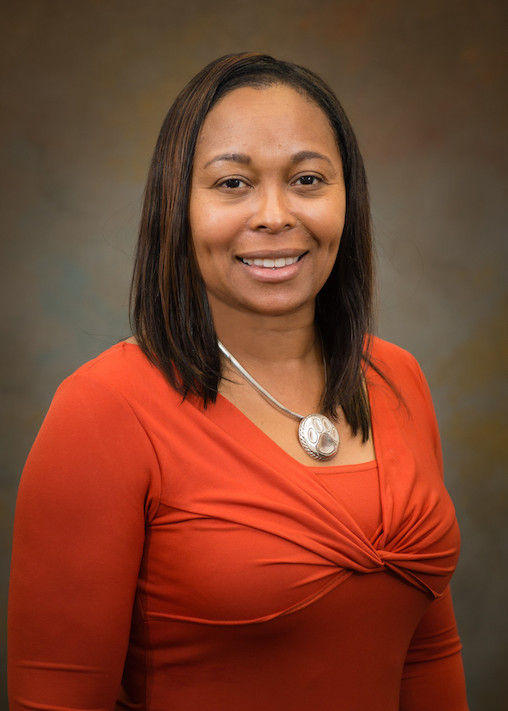
Serita Acker
Serita Acker, who plays a leading role in recruitment and retention efforts as the director of PEER & WISE, said the numbers show that college officials have been working hard behind the scenes for years, even if showing progress takes time.
“Sometimes it takes a while for results to get to the forefront, but we have people who are serious and are working on these initiatives,” she said. “I am excited about what the future will hold. Sometimes when students come in it may take a minute for them to reach their potential, but we’re working on it and we’re seeing that our impact is lasting.”
Among the students helping close the gap is Eric Prioleau, a senior in computer engineering and Clemson chapter president of the National Society of Black Engineers (NSBE).
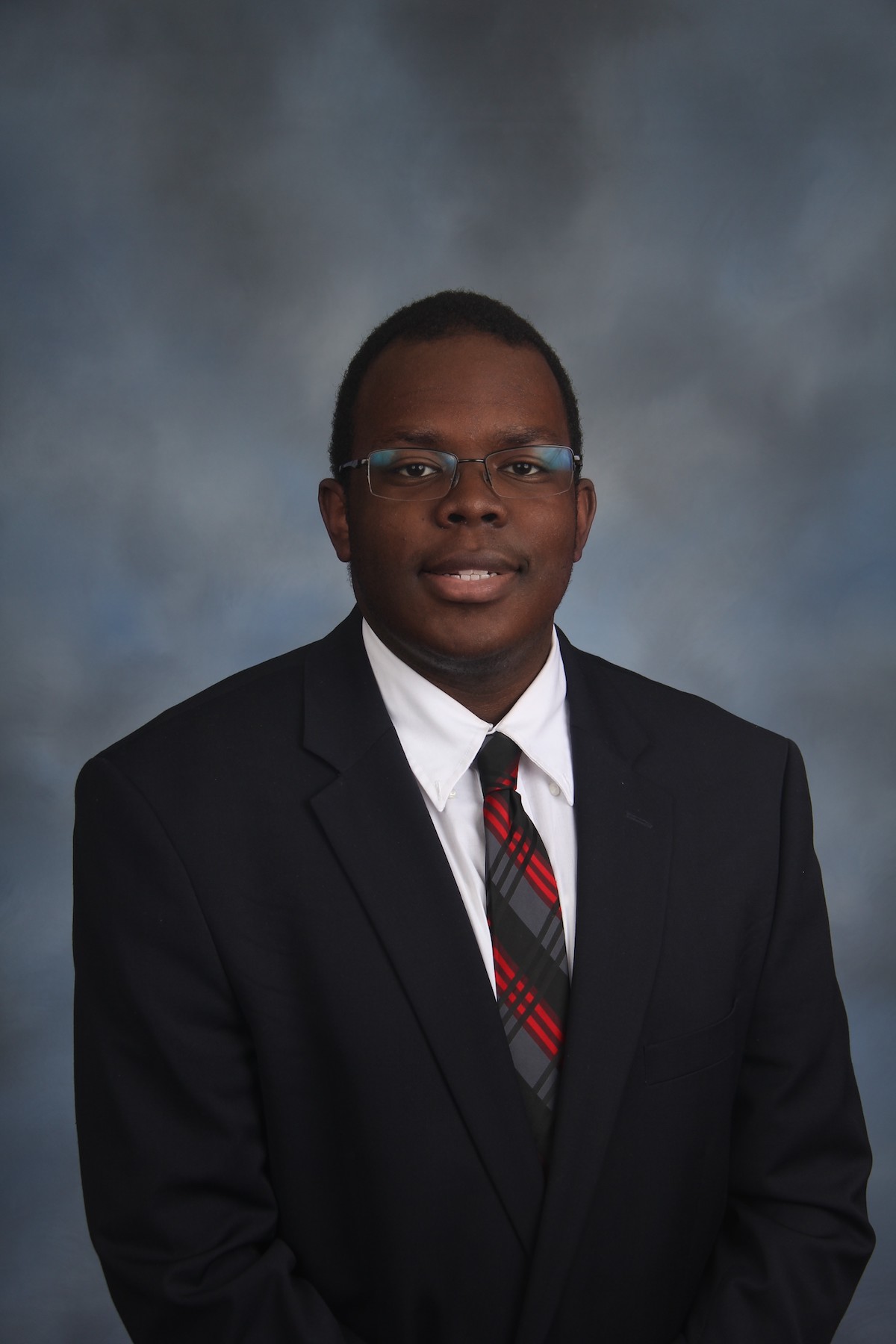
Eric Prioleau
Prioleau, of Hanahan, has been interested in engineering since he showed uncommon skill playing with blocks as a small child and assembled a table on his own when he was 7 years old. He is now on track to graduate in May with a Bachelor of Science in computer engineering and has a job offer as a software engineer with an aerospace company.
Prioleau said he found his job opportunity at an NSBE online conference in the fall, helping underscore the impact such programs can have.
“Some of my friends made complete turnarounds after joining NSBE,” he said. “They weren’t too sure of themselves, but they are now solidly in the workforce. I do believe that NSBE does a great job at preparing people.”
In another positive sign, the college picked up two Top-20 rankings last fall.
A searchable database published by Diverse Issues in Higher Education showed that Clemson graduated 31 African Americans with bachelor’s degrees in engineering in 2018-19, tying the University with the University of Oklahoma-Norman and Lamar University for 20th most in the nation, when Historically Black Colleges and Universities are excluded.
In the master’s category, Clemson graduated seven and was tied for 14th with 15 other institutions, with HBCUs excluded.
For Hispanics, Clemson did not make the bachelor’s-degree list and ranked 89th overall in the master’s degree category with seven graduates.
“We’re doing a lot of work to improve in this area, and that is beginning to show,” said Melissa Smith, the college’s associate dean of inclusive excellence and graduate studies.
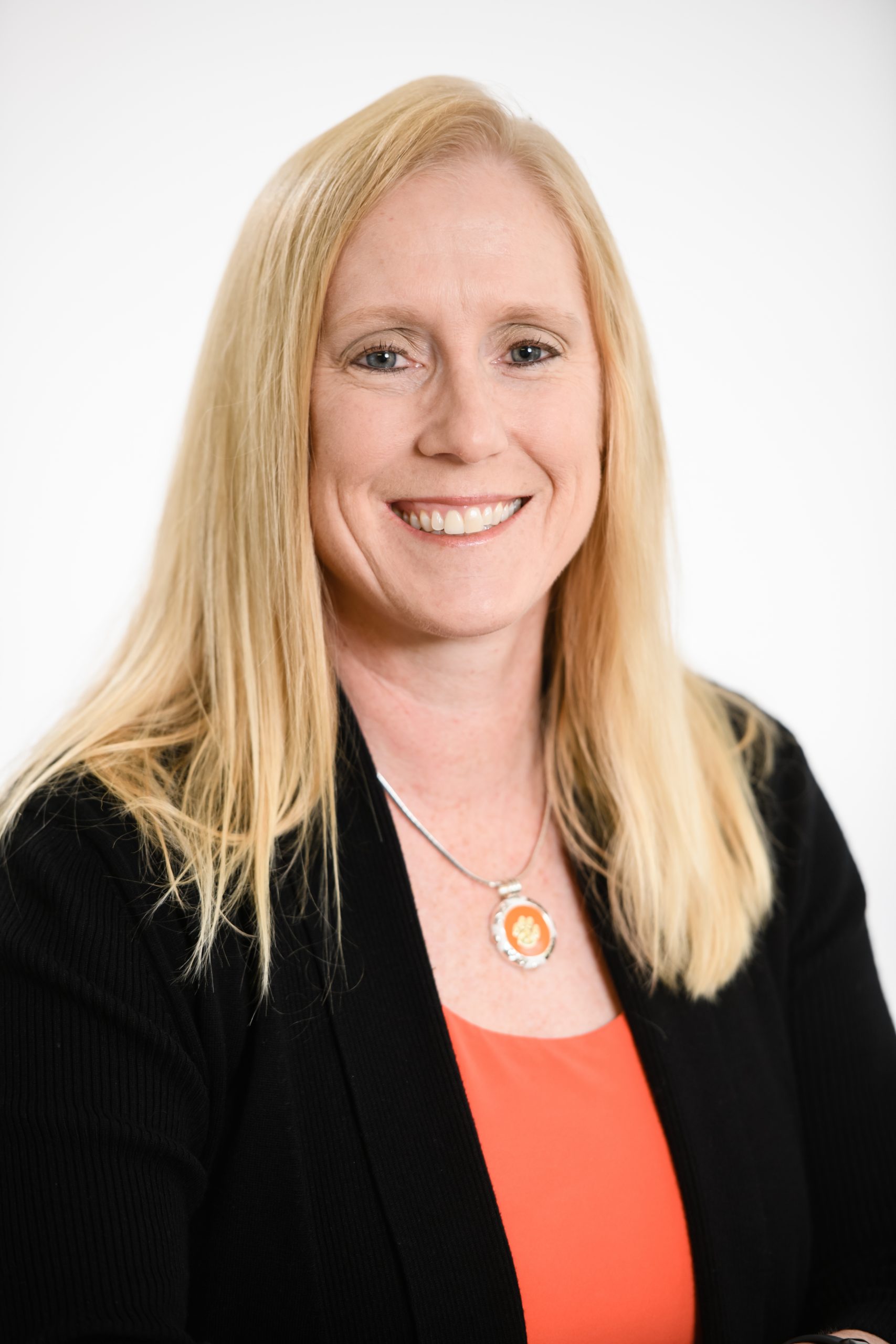
Melissa Smith
“But that is nowhere near where we want to be. Some of the recent initiatives, especially the appointments of Oliver and me, gives us some momentum to really highlight our efforts and push this forward.”
The college further boosted its capacity to recruit and retain underrepresented groups in February 2020, when it created two new associate dean positions to lead inclusive excellence efforts. Those positions are now held by Smith and Oliver Myers.
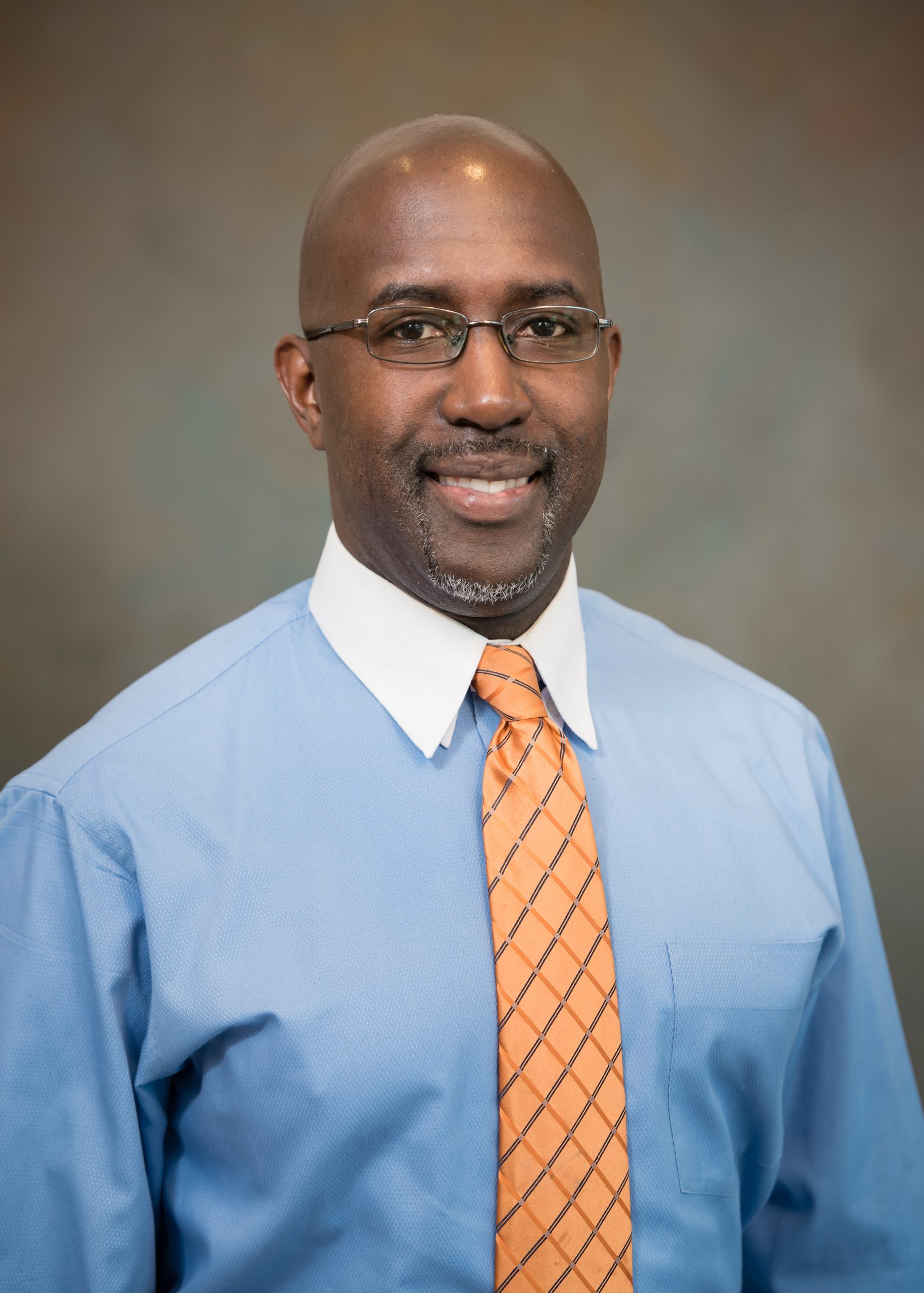
Oliver Myers
Myers, the college’s associate dean of inclusive excellence for undergraduates, said that to keep the momentum going financial support will be crucial to fund scholarships and professional and academic support programs. Corporate and personal engagement will also be important, and students will need to do their part, Myers said.
“Students have to come daily with the proverbial ‘fire in the belly,’ passion, discipline and fortitude to become successful graduates,” Myers said. “Together, we will overcome this challenge.”
It won’t be an overnight solution, college officials said. In the 2019-20 academic year, African Americans accounted for 4.4% of the college’s degrees, Hispanics were at 3.5% and women were at 24.8%.
According to the U.S. Census Bureau, African Americans represented 27% of the South Carolina population as of July 2019, while Hispanics were 6% and females were 51.6%.
Underrepresentation in engineering is a nationwide problem.
African Americans received 3.9% of bachelor’s degrees in engineering in 2016, according to a 2019 report from the National Science Foundation. It was 10.4% for Hispanics and 20.9% for women, the foundation found.
George Floyd’s death in May 2020 and the unrest that followed threw a spotlight on a wide range of issues surrounding racial equity. In the episode’s wake, the college increased and amplified its efforts to narrow the race and gender gap at Clemson.
But the college’s efforts go back decades. PEER was founded in 1987, WISE was formed in 1995 and they merged as PEER & WISE in 2016.
PEER & WISE now has a professional staff of six and about 40 students serving as mentors and tutors. The organization serves as the college’s main organizing force for programs aimed at recruiting and retaining underrepresented groups.
Other organizations throughout the University also offer diversity-and-inclusion programs that benefit the college’s students.
Some of the programs that college officials cited as having a positive impact on recruiting and retaining underrepresented students were (will embed hyperlinks in final document):
-Boyd Scholars
-Clemson Career Workshop
-Clemson Emerging Scholars
-General Engineering Learning Community
-Girl Scouts & Friends, sponsored by Lockheed Martin
-Grad 360
-PEER/WISE Experience, funded by Duke Energy and a National Science Foundation program called Louis Stokes Alliances for Minority Participation
-Project WISE
-STEM All-In
-STEM Day
-Tiger Alliance
Various speaker programs hosted by PEER & WISE that give students a chance to meet successful alumni. Examples include a Black History Month talk by Tony Mathis, president and chief executive officer of Military Systems at GE, and an upcoming women’s celebration talk by Charlie Blackwell-Thompson, launch director at NASA’s Kennedy Space Center.
Clemson officials are seeing further positive signs when they dig beyond graduation rates.
PEER/WISE Experience, for example, provides incoming freshmen with a three-week preview of what University life will be like and a chance to earn three credit hours before the fall semester begins.
Of the 16 students in 2019, 100% were retained at Clemson in fall 2020. Fourteen were retained in the college, and two others transferred out of the college but remained in STEM-related disciplines, according to Ashley Childers, the college’s director of assessment and continuous improvement.
Other programs are ongoing and in the works.
An “Uncomfortable Conversation Series,” led by Myers and Smith, has been held collegewide and is now going into the college’s 12 departments to address the race and gender divide in the academy.
The college is also partnering with the College of Science to form an HHMI Driving Change Initiative. It’s aimed at replicating the student and university successes of the Meyerhoff Scholars Program at the University of Maryland, Baltimore County. Notable alumni of the Maryland program include Myers and Jerome Adams, the 20th surgeon general of the United States.
Also, the college is working with the South Carolina Technical College System to improve the academic success of underrepresented transfer students in the college as part another HHMI Inclusive Excellence effort. That program is led by Bridget Trogden, the associate dean for engagement and general education in the Division of Undergraduate Studies and faculty member in the Department of Engineering and Science Education.
In addition to that effort, Clemson University is partnering with the South Carolina Technical College System, Trident Technical College and Spartanburg Community College to create a diverse pipeline of students from technical and community colleges to the College of Engineering, Computing and Applied Sciences and then to graduate school or the workforce. The program, SPECTRA, is funded with $5 million from the National Science Foundation’s S-STEM program.
Anand Gramopadhye, dean of the College of Engineering, Computing and Applied Sciences, said the wide range of programs shows that the college has made inclusive excellence a priority.
“We are taking a comprehensive and thoughtful approach that brings together a multitude of stakeholders to ensure that we offer everyone an equal opportunity for success in the lab and classroom across the college and University,” he said. “A rich diversity of students, faculty and staff will position us to come up with the best possible solutions to the grand challenges that we face now and into the future. The approach extends from recruiting, retention, advising, student support, mentoring and community support to successful career placement.”
–
Contacts:
Serita Acker: 864-656-7472 or wserita@clemson.edu
Oliver Myers: 864-656-2336 or omyers@clemson.edu
Melissa Smith: 864-656-2119 or smithmc@clemson.edu
Paul Alongi: 864-350-7908 or palongi@clemson.edu

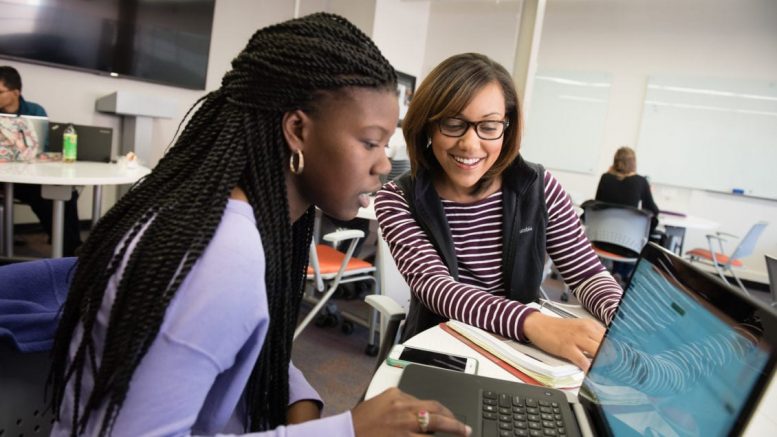
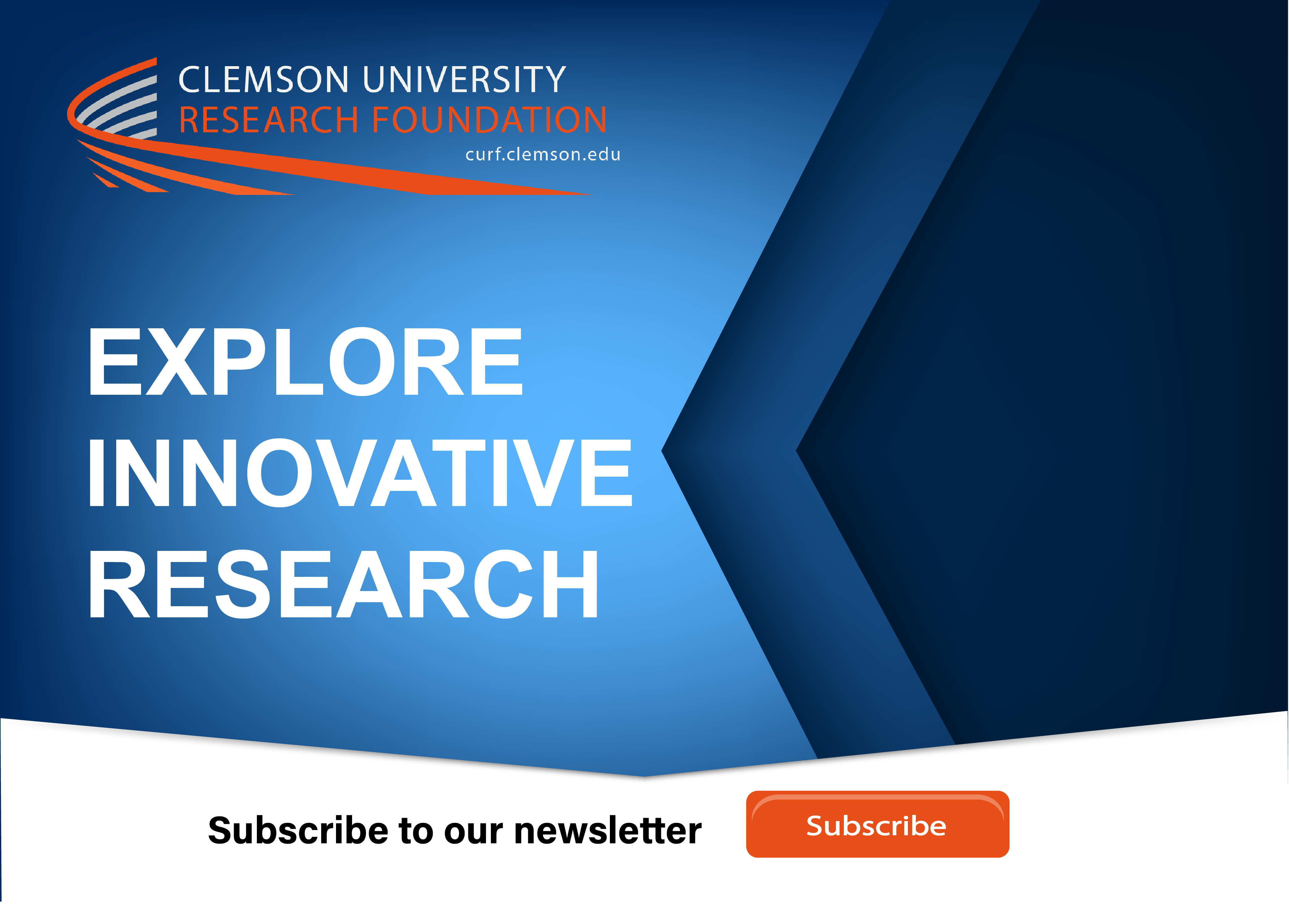
Be the first to comment on "Closing the race and gender gap in the College of Engineering, Computing and Applied Sciences"